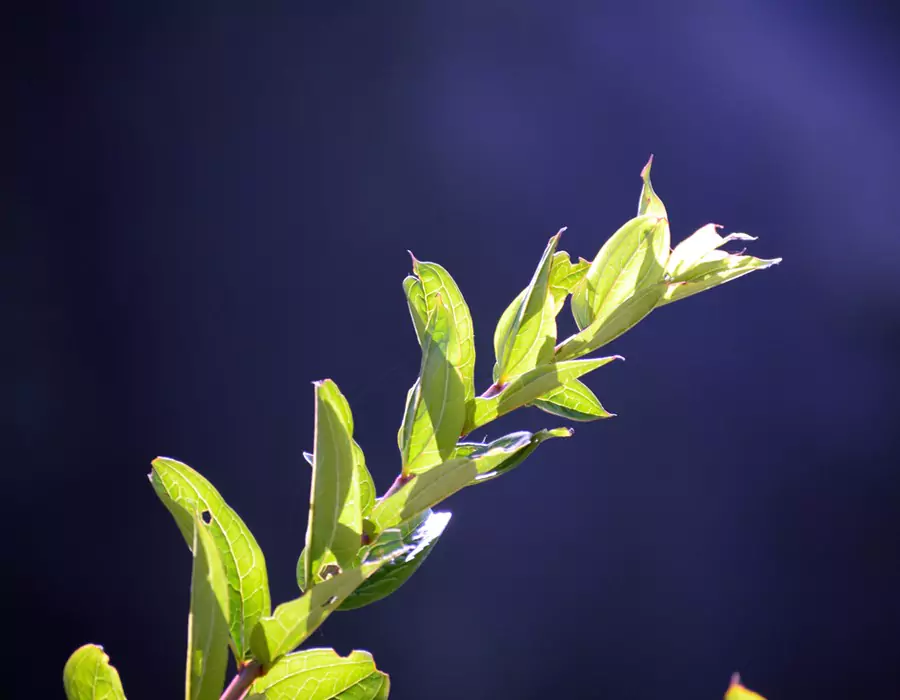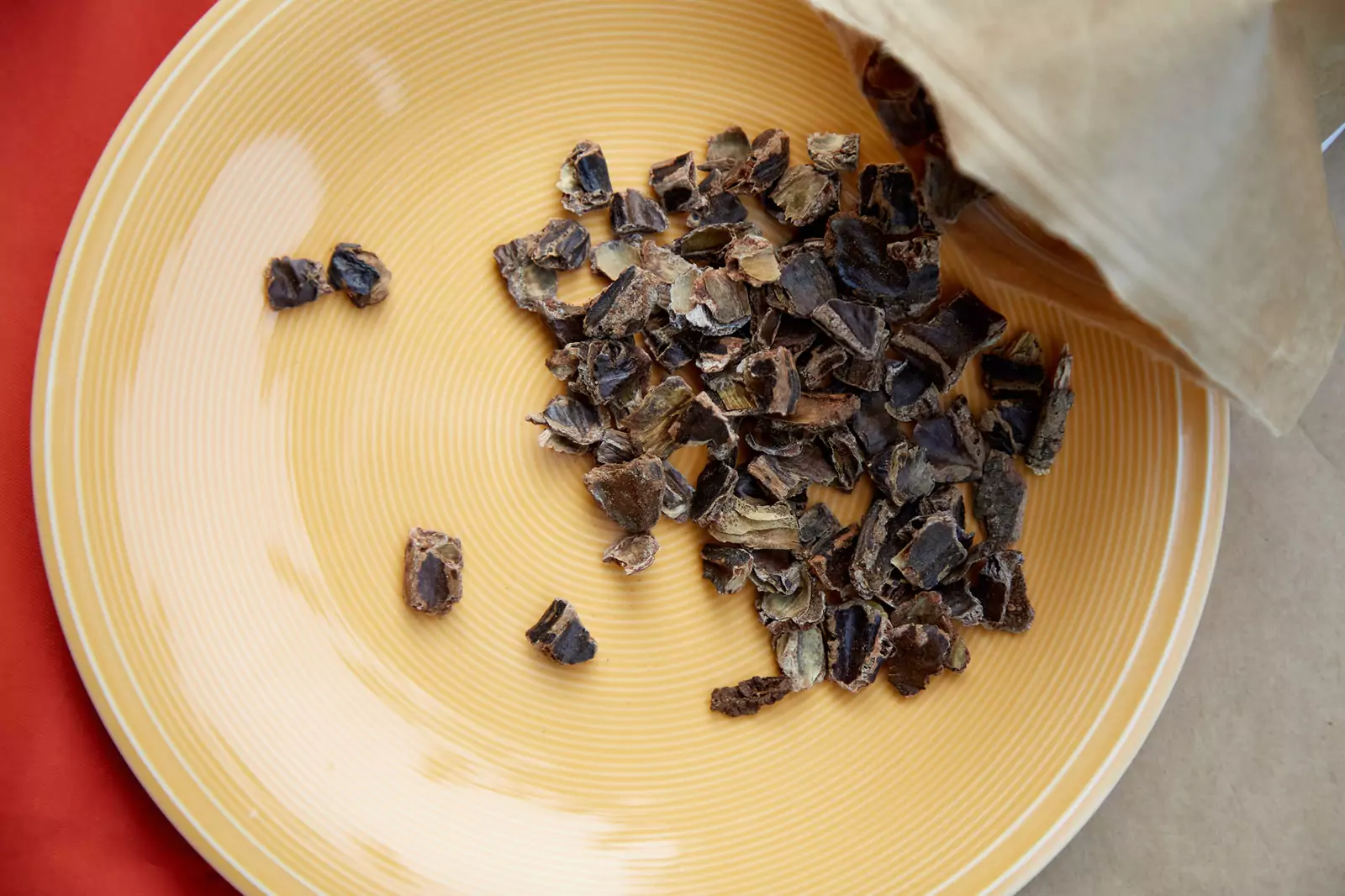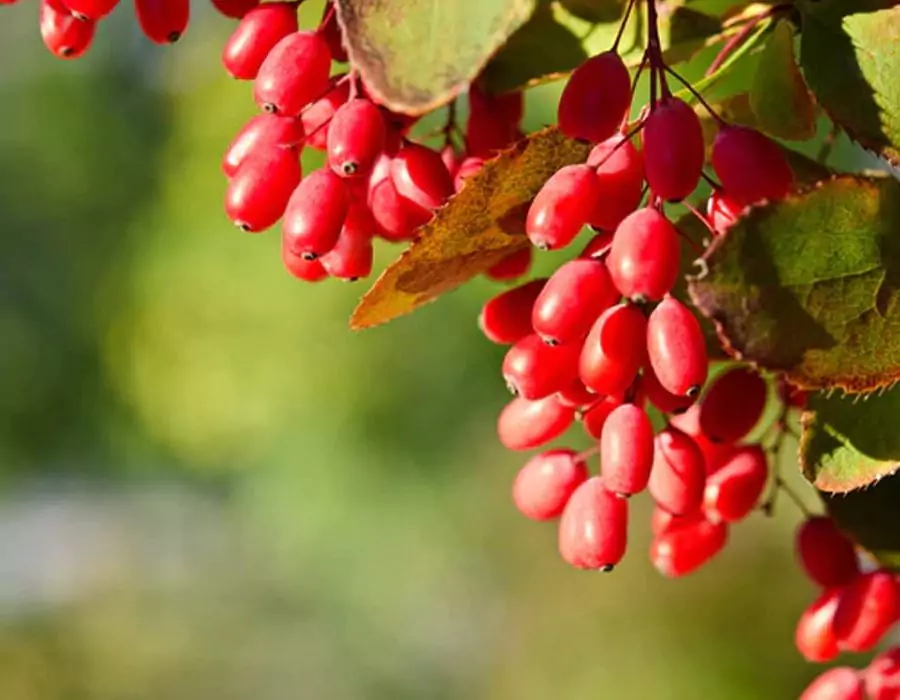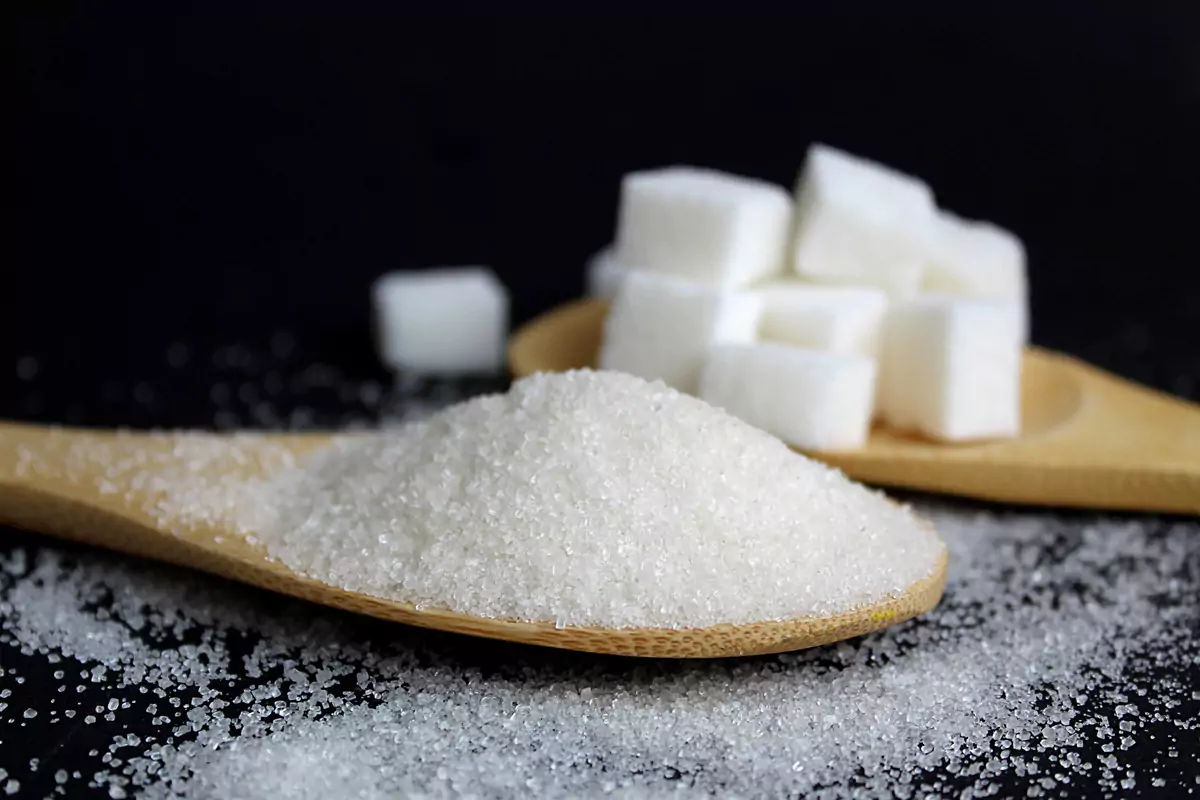
UP TO 40% OFF SITEWIDE






Insulin Plant for Diabetes – Benefits of Costus Igneus for Diabetics


Table of Contents
- Summary
- Benefits of Costus Igneus for Diabetics
- What is Costus Igneus (Insulin Plant)?
- Potential Benefits of Costus Igneus for Diabetics
- 1. Blood Sugar Control
- 2. Improved Insulin Sensitivity
- 3. Organ Protection and Antioxidant Support
- 4. Supports Healthy Lipid Levels
- Safety and Precautions
- Should You Use the Insulin Plant?
- Final Verdict
- Frequently Asked Questions
- Is the insulin plant scientifically proven for diabetes?
- Which part of the plant is used?
- Can I stop taking insulin if I use the insulin plant?
- Is it safe to grow and use at home?
- About Dr. Ergin
- Disclaimer
- RESOURCES
Summary
-
The insulin plant (Costus igneus) may offer mild support for blood sugar control, but it does not cure diabetes.
-
Most research is early and limited, with stronger evidence in animals than in humans.
-
The plant may improve insulin sensitivity and reduce oxidative stress linked to high blood sugar
-
Using the insulin plant alongside diabetes medication can increase the risk of low blood sugar.
-
It should be used only as a supplement to medical care, not as a replacement for prescribed treatment.
Benefits of Costus Igneus for Diabetics
The insulin plant is gaining popularity for its potential metabolic and blood sugar control benefits. This interest often leads to one main question: Can the insulin plant cure diabetes? To be clear, there is no scientific evidence that it can.
Diabetes is a chronic condition that requires a professional management plan. Understanding the clinical research behind this plant is essential for safe use. Here is how it may support your glucose levels without replacing your doctor’s prescriptions.
What is Costus Igneus (Insulin Plant)?
Costus igneus is a tropical plant native to Southeast Asia. It is easily recognized by its thick, spiral green leaves and is commonly grown as an ornamental plant.
The insulin plant name stems from traditional medicinal use. Early users noticed improved blood sugar readings after chewing the fresh leaves on a regular basis.
The plant belongs to the Costaceae family. It is biologically distinct from related species like Costus pictus, which are often confused with the true insulin plant.
Potential Benefits of Costus Igneus for Diabetics
Below are the main ways Costus igneus may support blood sugar control.
1. Blood Sugar Control
The insulin plant is primarily used for its ability to lower glucose levels. According to research published in PubMed Central, the consumption of insulin plant leaves has shown a significant reduction in blood glucose levels in both animal models and small-scale human trials.
While these results are promising, you should never reduce your medications without professional guidance. Always consult your healthcare provider before making any changes to your prescribed treatment plan.
2. Improved Insulin Sensitivity
Costus igneus may help the body use insulin more effectively. Research indicates that the insulin plant contains phytochemicals with insulin-sensitizing activity, which aids glucose transport into your cells.
When cells respond better to insulin, your pancreas does not have to work as hard to maintain balance. This reduction in metabolic strain is vital for slowing the long-term progression of type 2 diabetes.
3. Organ Protection and Antioxidant Support
High blood sugar creates oxidative stress that damages the liver, kidneys, and heart. Costus igneus is rich in flavonoids and phenolic compounds that neutralize these harmful free radicals.
By lowering these stress markers, the plant helps shield your internal systems from long-term metabolic damage. This is a critical step in reducing the risk of secondary complications like nephropathy and retinopathy.
4. Supports Healthy Lipid Levels
Many people with diabetes also struggle with elevated cholesterol and triglycerides. Research suggests the insulin plant may improve your lipid profile by helping the body manage fat metabolism more effectively.
It has the potential to lower bad LDL cholesterol while supporting good HDL levels. This dual benefit makes it a heart-healthy addition to a comprehensive diabetic management plan.
Safety and Precautions
Safety is the most critical factor when considering herbal supplements. You must be aware of the following risks before adding this plant to your routine:
-
Hypoglycemia Risk: Combining this plant with insulin or metformin can cause dangerously low blood sugar. Watch for symptoms like dizziness, sweating, and confusion.
-
Side Effects: Commonly reported issues include nausea, stomach upset, and digestive discomfort. These effects vary significantly between individuals.
-
No Standard Dosage: There is no clinical consensus on how much is safe or effective. This lack of data makes it difficult to predict how your body will react.
-
Medical Supervision: Always consult your doctor before use to prevent drug interactions. Natural remedies should never replace your professionally prescribed diabetes treatment plan.
Should You Use the Insulin Plant?
The insulin plant is a promising natural aid, but it is not a miracle cure. It works best as a supplement to a healthy lifestyle. Consider these factors when making your choice:
-
Dosing Precision: Raw leaves vary in potency. Standardized supplements ensure you receive the same beneficial compounds in every single serving.
-
Clinical Backing: Ingredients such as cinnamon and berberine have more established data regarding their long-term safety and effectiveness.
-
Ease of Use: Taking a measured capsule is often more practical for a busy lifestyle than maintaining and harvesting a tropical plant.
Regardless of your choice, always keep your doctor informed of any new supplements. If you are looking for a scientifically formulated option, check out the SugarMD collection.
Final Verdict
Costus igneus is an interesting plant with potential benefits for blood sugar support. Early research suggests it may help lower glucose levels, improve insulin sensitivity, and provide antioxidant protection. However, it is not a miracle cure, and current evidence is not strong enough to support widespread or unsupervised use.
Anyone considering the insulin plant should speak with a healthcare professional first. Diabetes management works best when decisions are guided by evidence, safety, and individualized care.
Frequently Asked Questions
-
Is the insulin plant scientifically proven for diabetes?
The insulin plant has shown promising results in animal studies and small research trials, but it is not scientifically proven as a diabetes treatment in humans. Large clinical studies are still lacking.
-
Which part of the plant is used?
The leaves are the primary part used for medicinal purposes. They can be chewed fresh, dried into a powder, or brewed into a tea.
-
Can I stop taking insulin if I use the insulin plant?
No. The insulin plant should never replace insulin or prescribed diabetes medications. Stopping medication without medical supervision can be dangerous.
-
Is it safe to grow and use at home?
Growing the plant at home is generally safe as an ornamental plant. Using it for diabetes management without medical guidance is not recommended due to safety and dosing concerns.
About Dr. Ergin
Who is Dr. Ergin? Dr. Ahmet Ergin is an endocrinologist interested in and passionate about diabetes care. Dr. Ergin earned his medical degree with honors at Marmara University School of Medicine in Istanbul, Turkey, and completed his internal medicine residency and endocrinology fellowship at Cleveland Clinic in Cleveland, Ohio. He is a board-certified Internal Medicine, Endocrinology, Diabetes, and Metabolism Physician; a certified diabetes education specialist, the author of The Ultimate Diabetes Book; and the Founder of the SugarMD youtube channel. He practices in Port Saint Lucie, FL as an endocrinologist physician.
Disclaimer
Any information on diseases and treatments on this website is for general guidance only and must never be a substitute for the advice your doctor or other qualified healthcare professional provides. Always seek the advice of your physician, health provider, or other qualified healthcare professional’s advice with questions regarding your health.
RESOURCES
Hegde PK, Rao HA, Rao PN. A review on Insulin plant (Costus igneus Nak). Pharmacogn Rev. 2014 Jan;8(15):67-72. doi: 10.4103/0973-7847.125536. PMID: 24600198; PMCID: PMC3931203. https://pubmed.ncbi.nlm.nih.gov/24600198/ Shetty AJ, Choudhury D, Rejeesh, Nair V, Kuruvilla M, Kotian S. Effect of the insulin plant (Costus igneus) leaves on dexamethasone-induced hyperglycemia. Int J Ayurveda Res. 2010 Apr;1(2):100-2. doi: 10.4103/0974-7788.64396. PMID: 20814523; PMCID: PMC2924971. https://pubmed.ncbi.nlm.nih.gov/20814523/
Written By Dr. Ahmet Ergin
465 total articles
Meet Dr. Ahmet Ergin, a highly skilled and dedicated endocrinologist with a passion for diabetes care. Dr. Ergin earned his medical degree with honors from Marmara University in Istanbul. He completed internal medicine residency and endocrinology fellowship at Cleveland Clinic. Dr. Ergin is board-certified in Internal Medicine, Endocrinology, Diabetes, and Metabolism due to his vast medical expertise. He's a certified diabetes educator, author of “The Ultimate Diabetes Book,” and founder of “the SugarMD YouTube channel.” Dr. Ergin offers exceptional diabetes care to his patients in Port Saint Lucie, FL, helping them manage effectively. For a closer look into his insights and experiences, connect with Dr. Ahmet Ergin on LinkedIn, Instagram, and YouTube.”
Disclaimer: These statements have not been evaluated by the Food and Drug Administration. Information on this website isn't intended to treat, cure or prevent any disease. Discuss with your doctor and do not self-treat.
Products













